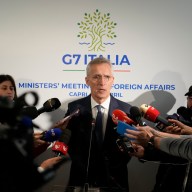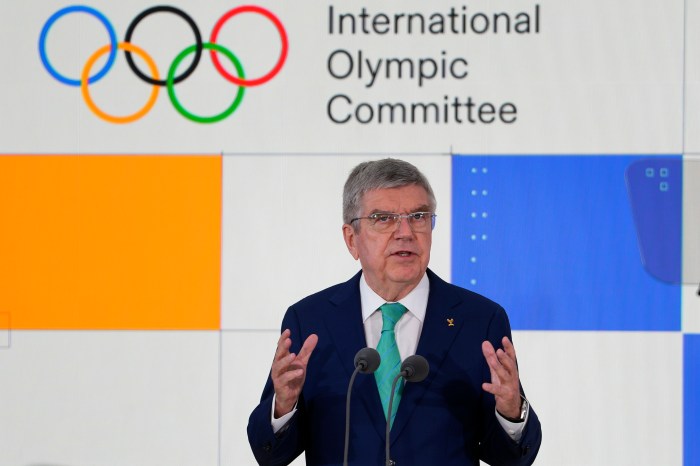By Isaack Omulo
LONDON (Reuters) – Athletics chiefs in Ethiopia are not worried about doping problems in the sport and are dealing with them strongly, a senior official said on Saturday.
The east African nation and neighboring Kenya have been rocked by a number of positive doping tests in recent years and both countries were placed in “critical care” by the athletics authorities over their drug-testing systems.
“It (doping) is not worrying us. The few cases that emerged were dealt with squarely and decisively and we have launched a major education programme among young athletes because we know knowledge is power,” Bililign Mekoya, Secretary General of Ethiopian Athletics Federation (EAF), told Reuters.
“We are working with our Kenyan counterparts, our national anti-doping organization and the IAAF to get to root out doping,” he added.
“It does not threaten us now. Our government has done a great job and we are confident that it won’t take root in Ethiopia.”
Ethiopia and Kenya have introduced legislation to criminalize doping. More than 40 Kenyan athletes have tested positive in the past five years.
Jos Hermens, who manages many of Ethiopia’s elite runners, said doping cases were not as many as had been reported.
“We are working with authorities to attack the (doping) matter. Africa does not need doping, they always produce good athletes,” the Dutchman said.
“We are working with Haile Gebrselassie in Ethiopia and Paul Tergat in Kenya. Reports doing rounds about doping, particularly in Ethiopia, are disgraceful,” he added.
Gebrselassie, the former Olympic and world champion long-distance runner, has said previously that dopers should be jailed for life.
“Doping cases in Ethiopia were so few, compared to Kenya, but that does not mean they were ignored,” he said.
“We will catch them. Some unscrupulous doctors and pharmacists have been misleading young athletes, but we will soon attack and deal with them,” Gebrselassie added.
(Editing by Ed Osmond)

















